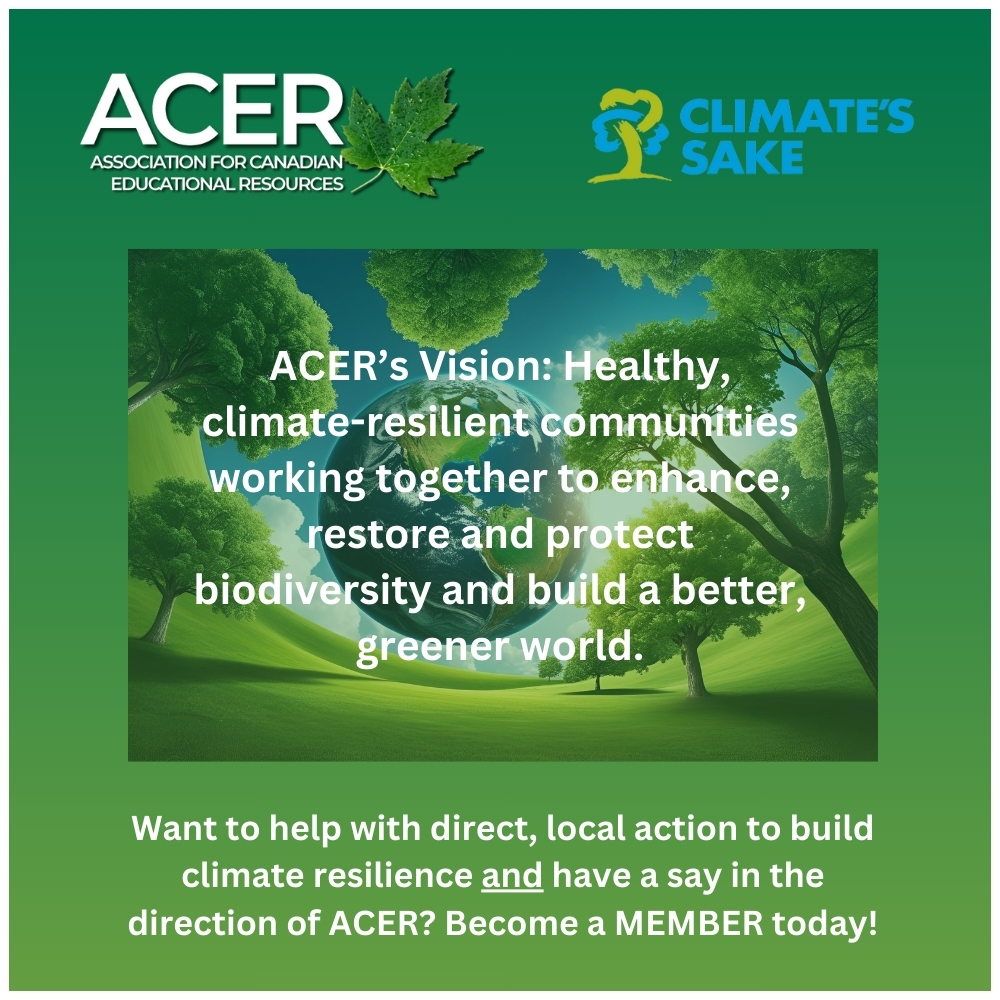What are wetlands?
Wetlands are “lands that are saturated with water long enough to promote wetland or aquatic processes as indicated by poorly drained soils, hydrophytic vegetation and various kinds of biological activity which are adapted to a wet environment”, as defined by the Canadian National Wetlands Working Group. Wetlands encompass a broad spectrum of landforms including marshes, bogs, swamps, peatlands, mangroves, deltas, floodplains, rice paddies, and even coral reefs.

Why are wetlands important?
Wetlands are essential to the regulation of our environment— they help regulate the water cycle, purify the air and water by trapping pollutants and sediments, and sequester an immense amount of carbon—the world’s peatlands, for example, sequester more than every forest in the world combined! Wetlands also play an important role in our communities during extreme weather events and natural disasters, absorbing excess rainwater and protecting our groundwater by slowing water runoff and filtering out sediments during storms and floods.

Wetlands are also important to plant and animal life, both for shelter and as a food source. In fact, wetlands are home to 40% of the world’s biodiversity! Migratory birds depend on them for feeding, breeding and resting during their long journeys. Wetlands are also home to many species at risk of extinction, such as the Fowler’s Toad, a species that is endangered in Canada due to infrastructure development, human recreation and climate change.
Through the many ecosystem services they provide, wetlands play a vital role in the fight against climate change. Sadly, though, we are losing the world’s wetlands at a rate three times faster than forest loss—with a staggering 35% of wetlands across the globe lost from 1970-2015, according to the 2018 Global Wetland Outlook. Wetlands are often intentionally drained to convert them for use in agriculture or new infrastructure. Or they are degraded by pollution. They can also fall victim to the effects of climate change—rising water temperatures and extreme weather events disrupt a wetland’s balance of water versus land, which can result in erosion or, in more severe cases, conversion of the wetland into open water, a shift of special concern for coastal wetlands.

The next time you walk past a marsh or swamp, take a moment to reflect on the many benefits it provides to the world around you and take time to celebrate the beauty of such an important landform!
Written by Canada Summer Jobs intern Gale Miyu

Want to take a deeper dive into the wonder of wetlands and their role in fighting climate change? Check out the following resources!
Ontario’s Wetlands—A Nature-based Climate Solution (Ontario Nature)
Investigating the role of wetlands in climate change mitigation and adaptation (Ducks Unlimited)
A walk in the wetlands: The important role they play in our well-being (Ecojustice)
Wetlands International Blog Series
Photos by Gale Miyu – Humber Arboretum, Etobicoke, Ontario, August 2025
Published August 8, 2025



